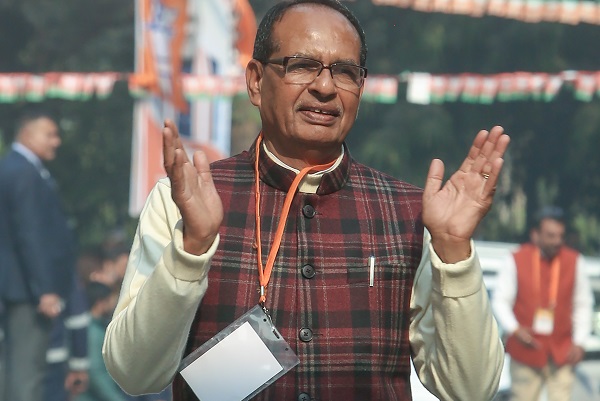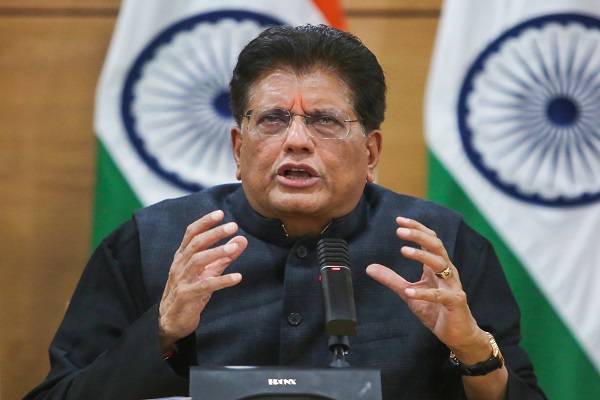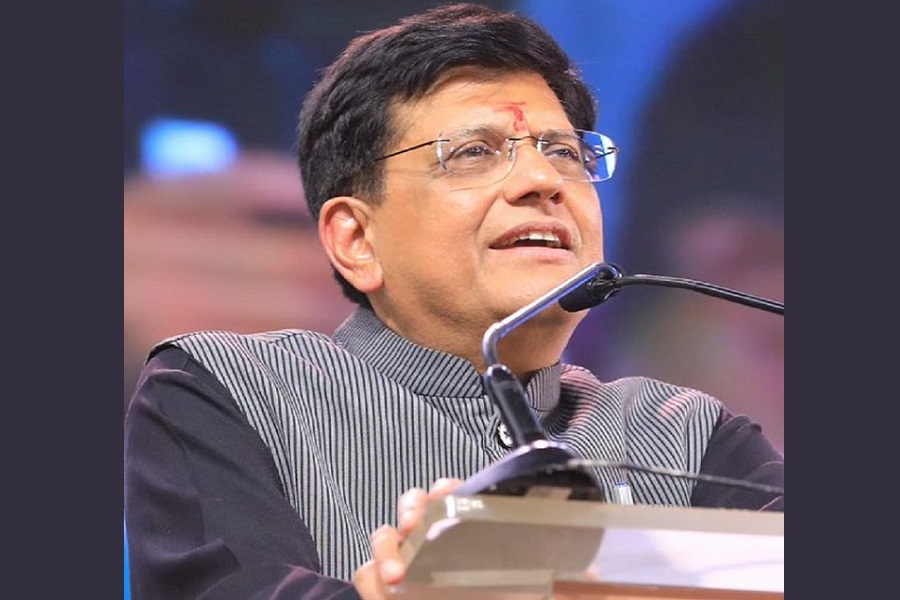Indian PSBs well positioned to provide credit in the range of USD 60 bn to USD 100 bn: Lotusdew Wealth

Mumbai : According to Lotusdew Wealth, a smallcase manager, the public sector banks have the liquidity capacity to provide credit value at USD 100 billion. As of March 2022, cash and balances with RBI for Public Sector Banks are at USD 70 billion (Rs. 6.22 lakh cr.) when compared to USD 60 billion (Rs. 5.4 lakh cr.) as of March 2021. For Private Banks, cash and balances with RBI stood at USD 45 billion (Rs. 3.93 lakh cr. ) vs USD 35 billion (Rs. 2.9 lakh cr.) (YoY). This indicates that cash and balances with RBI are nearly 60% higher for PSU Banks when compared to private banks. The balances with banks and money at call with RBI for PSU Banks is USD 80 billion (Rs. 6.42 lakh cr.) vs Rs. USD 75 billion (5.91 lakh cr.) (YoY). The balances with banks and money at call with RBI for Private Banks are at USD 40 billion. (Rs. 3.34 lakh cr.) vs USD 35 billion (Rs. 2.75 lakh) cr. (YoY). This indicates the balances with banks and money at call with RBI are over 90% higher for PSU Banks over Private Banks.
With a liquidity ratio of 4.5%, there is a liquidity cushioning of USD 45 billion when put into effect of a 2.5x multiplier allowing the public sector banks to provide an upper base of USD 100 billion credit offtake. However, the recent tweaking by the RBI like changing the stance of inflation being sticky and hence likely to be less accommodative can lead to the credit off-take being marginalized. That said, still around USD 60 billion. at a lower base range will be available as a credit in the market.
Banking stocks to watch out for
- Credit Access Grameen: They focus primarily on farm equipment financing and rural financing which is likely to benefit the push by the government to double farmer income.
- IndusInd Bank: Among smaller private banks they have demonstrated strong penetration among their target audience and have especially been successful in on-boarding NRI.
- Ujjivan Small Finance Bank: This is a bank focused on microcredit and is able to execute it in the markets it operates.
Providing details on the various smallcases portfolio, Abhishek Banerjee, smallcase manager & Founder, Lotusdew said “Our smallcases like Listed Venture Capital, Nanocap Champs, and Golden Opportunities take advantage of financial conditions prevailing in the market by going for capital market-related companies like brokers who enjoy income from the free float in rising interest rate environment.”
Listed Venture Capital smallcase outperformed Smallcap index by +15% and had a total return of +315% for 3 years. Nanocap Champs which is a relatively younger strategy has outperformed the smallcap index by +42% over the last 1 year and Golden Opportunity has generated a return of +7% since October 2022. All the performance numbers are excluding costs and fees.
Trends in banking
Some key trends such as unbundling, digital, and extreme positioning are likely to unfold. Banks will seek to be brands that have focus rather than catch-all deposit machines. In the future, enabling APIs, serving as marketplaces, and identifying customer focus will be the key differentiator. Also, the banks that build technology for micro-credit disbursals in line with priority sector focus, will emerge as key winners.
Judicial reforms: Another aspect where banks will get unshackled is when we have judicial reforms where cases are disposed of faster. With the advent of eCourts and IBC fundamentally changing the credit behavior of institutions, banks can lower the cost of borrowing for creditworthy customers who will in turn generate lower NPAs. Hence, banks that are able to lower NPAs while increasing compliance will win.
Fintechs: The last decade was about enabling the last mile with technology and banks that have better technology to serve their brand will win. APIs and open banking will create use cases and services like apps on App Store - maybe called bank stores. Currently, technology as a service is the least regulated and has the most impact on privacy, quality of citizen service, and also inclusion. Hence the future we see is where technology is likely to be regulated, AI will become ethical and people will regain data sovereignty. And fintech companies that allow such expressions of technology will thrive.
Above views are of the author and not of the website kindly read disclaimer
























